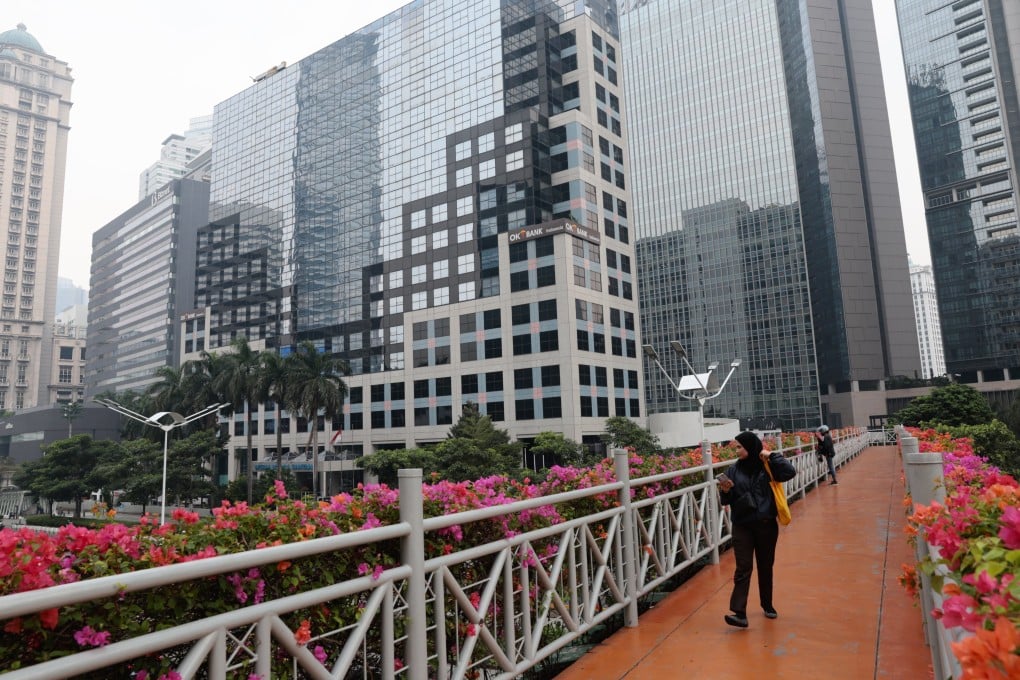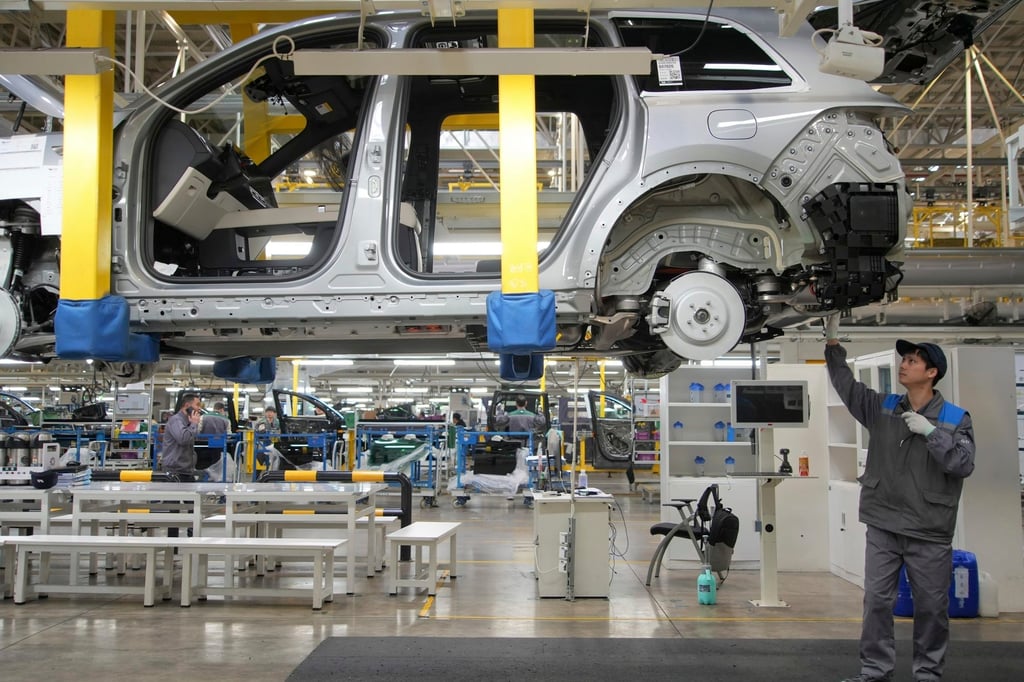Advertisement
Opinion | Amid changing world, Global South must chart new development path to navigate rising tensions
- Geopolitical tensions have strained the global economy, with developing countries now finding themselves at a crossroads
- Charting a new development path will require more equitable access to finance and technology, diversification of supply chains and support from global organisations
Reading Time:4 minutes
Why you can trust SCMP
1

Sixty-nine years ago, in 1955, confronted with a Cold War that had divided the world into two major competing blocs, the leaders of a group of mostly newly independent states gathered in Bandung, Indonesia, for the first ever Asian-African Conference.
Going down in history as the Bandung Conference, the legacy of its stirring declaration, which set out the principles of non-alignment, remains relevant to this day.
The conference also inspired the establishment of the United Nations Conference on Trade and Development (Unctad), mandated to promote the interest of developing countries so that they can benefit from the global economy more fairly and effectively.
Advertisement
Unctad will celebrate its 60th anniversary this year and hold a Global Leaders’ Forum with the theme: “Charting A New Development Course in the Changing World”. It is thus timely to reflect on the world of today and the development path ahead.
While the world has changed much since then, a lot has stayed the same. Geopolitical rivalry between major powers remains one of the biggest risks to the world’s economy.

De-risking and reshoring are reversing the globalisation of past decades and promoting economic fragmentation. Since 2019, the number of trade restrictions has increased almost three-fold, with the latest being the electric vehicle (EV) and other tariffs by the United States against China.
Advertisement
Select Voice
Choose your listening speed
Get through articles 2x faster
1.25x
250 WPM
Slow
Average
Fast
1.25x
